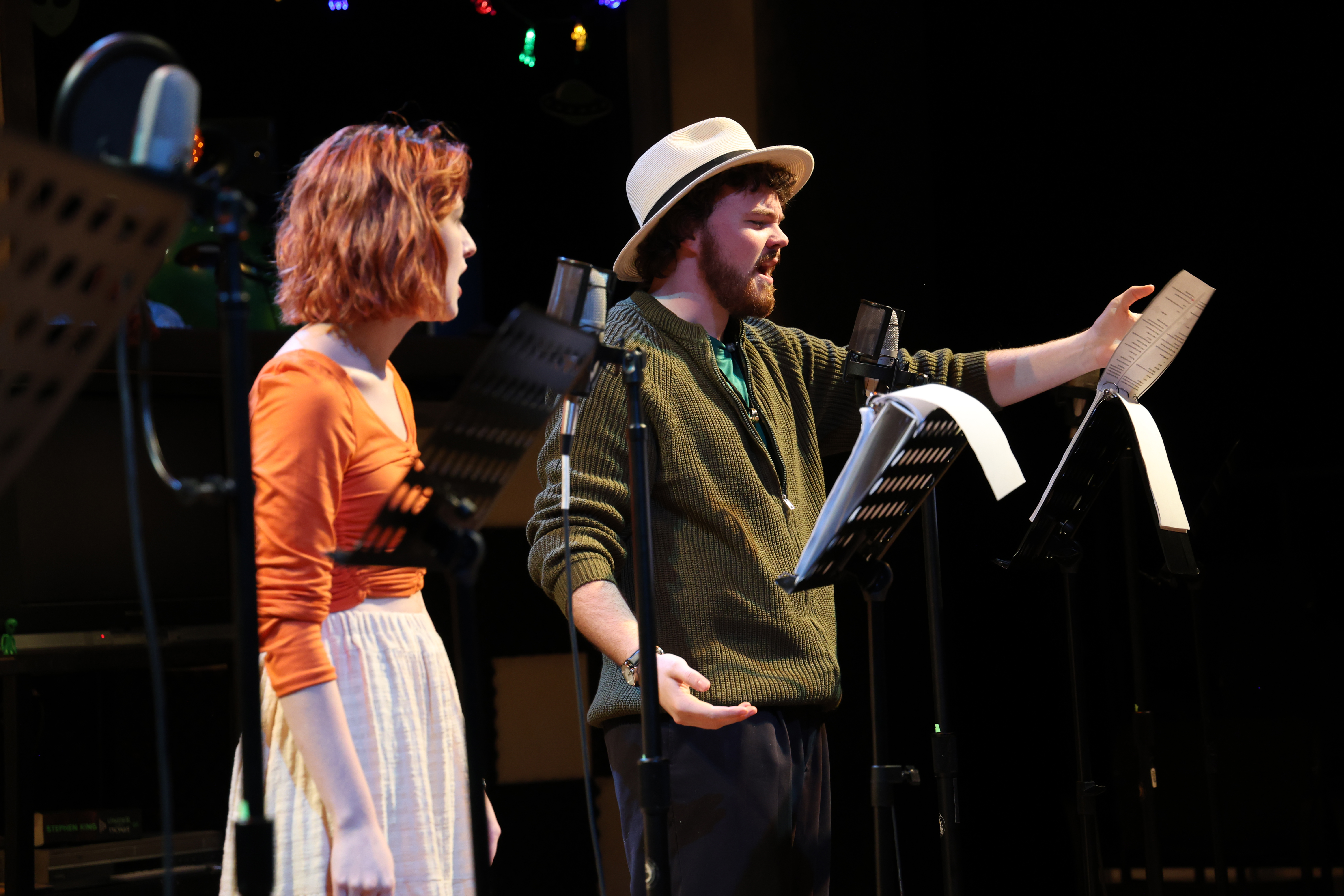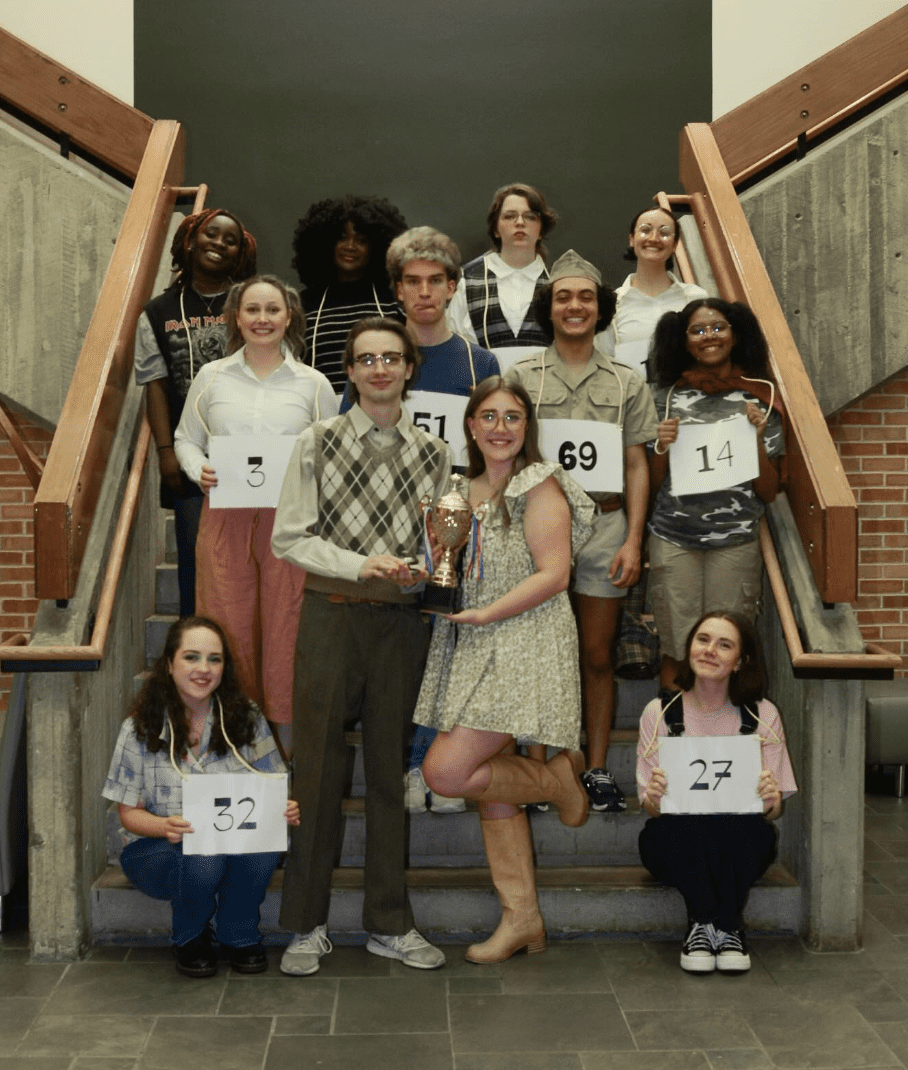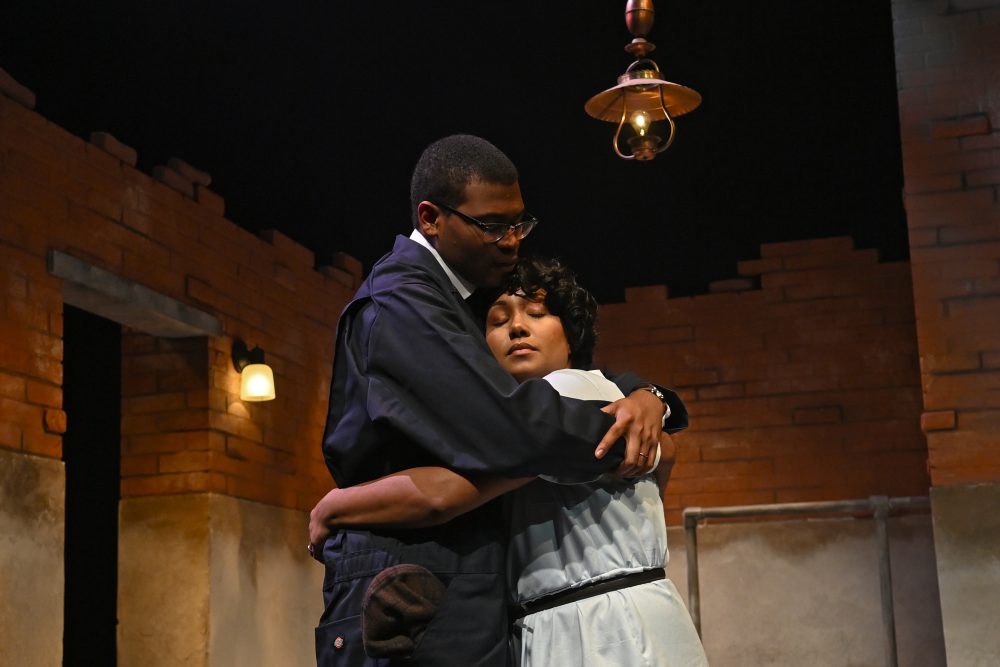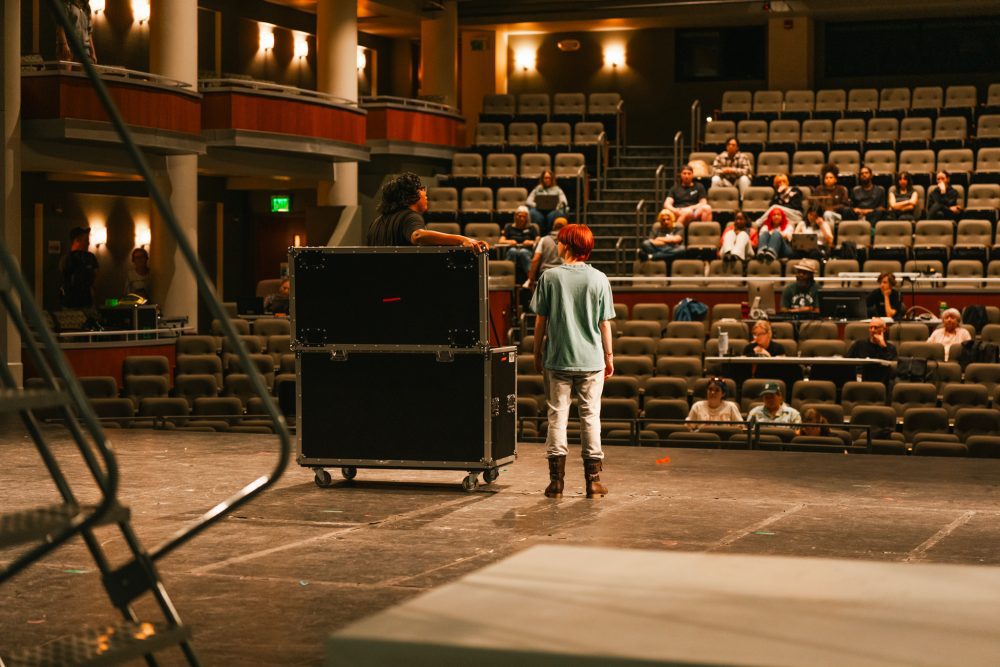Student Resources

Student Resources
Welcome to the Department of Theatre’s Student Resources page! Here, you’ll find essential information and support to enhance your educational journey. Explore the resources available to help you succeed and thrive in your theatre studies and productions!
Theatre Student Organizations
There are many organizations at UNC Charlotte, where students can make friends, learn about the professional world, nurture their creativity, and develop leadership skills. Student organizations within the Department of Theatre allow for collaboration, extracurricular performance opportunities, mentorship, and many other opportunities in the field of performing arts.

STUDENT THEATRE AT ROBINSON (STAR)
Faculty Advisor: Rob Conkie | President: Braden Kneeshaw | Instagram: @clt_star
Student Theatre At Robinson (STAR) is a student theatre organization established to help spread interest in theatre and give those interested more opportunities to participate in a fun and inclusive environment. The club’s annual programming consists of play readings, workshops, small performances, guest artists, community events, and unique theatregoing experiences. One of the club’s most popular events is Project 24/7, a 100% student-run 24-hour short play festival. The project allows artists of all theatre disciplines to come together to create a festival of 10-minute plays in just 24 hours.
additional student resources

Support Resources
If you need classroom support, have questions about a classroom topic or approach, or have witnessed something in class you’d like to speak about, the instructor is a highly recommended first point of contact. If you cannot approach the instructor, you may consider communicating with the chair or director as a facilitator. See more resources, below.
Student Assistance and Support Services
The Office of Student Affairs: Student Assistance and Support Services (SASS) assists, supports, and advocates for students experiencing a broad range of issues, concerns, or challenges interfering with a student’s ability to be successful academically or personally. This includes absence verification, basic needs, emergency housing, food insecurity, student complaints, student emergency fund, tuition, housing and dining appeals, withdrawal, and incomplete grade requests.
Office of Civil Rights & Title IX
You can report incidents of sexual and interpersonal misconduct, as well as incidents of discrimination and harassment to this office to the Office of Civil Rights & Title IX. This office takes active measures to create or restore a respectful, safe, and inclusive environment for community members that is free from discrimination, discriminatory harassment, and sexual or interpersonal violence. Title IX reports also connect students with appropriate resources (i.e. SASS, Dean of Students, chair, etc.).
Counseling and Psychological Services (CAPS)
Counseling and Psychological Services (CAPS)’s primary goal is to provide comprehensive wellness-related programs and services to students. CAPS offers individual and group counseling, crisis assistance, consultation, referrals, outreach, and online training.
Theatre Student Learning Outcomes
Understanding the Student Learning Outcomes provides a roadmap for developing essential skills in research, critical thinking, communication, collaboration, and cultural competency. Students not only enhance their academic and artistic proficiency but also prepare themselves for diverse professional opportunities within and beyond the realm of theatre.
SLO 1: Research and Critical Thinking
Theatre students will demonstrate research and critical thinking skills through active engagement with and analysis of theatre texts and practices. Students will recognize historical and related cultural circumstances reflected in various global periods and genres of theatre. Students will critically examine the various ways in which individuals differ, including, but not limited to, backgrounds, beliefs, viewpoints, abilities, cultures, and traditions that distinguish one individual from another, through the study and practice of theatre.
SLO 2: Analytical and Problem-Solving Skills
Theatre students will demonstrate analytical and problem-solving skills through engaging in traditional classroom and production work. Students will analyze possible interpretations of theatre texts and performance through critical socio-political contexts and a range of styles and histories. Students will apply problem-solving skills in real-time production environments. Students will analyze possible solutions for production-related tasks. Students will develop an understanding of transferable learned skills beyond theatre study and practice.
SLO 3: Communication
Theatre students will demonstrate the ability to employ clear and expressive communication. Students utilize a variety of strategies in order to create messages appropriate to the audience, purpose, and context when communicating, including verbal, nonverbal, vocal, visual, and technological methods or processes. While participating in written communication, Theatre students will demonstrate the ability to communicate evidence, ideas, and opinions through clear and cogent writing.
SLO 4: Practice and Collaboration
Theatre students will explore the connections between the mind and body in theatre practice, understanding risk-taking as an essential element of the performing arts. Students will demonstrate skills in practice and collaboration through studio, production, and service learning experiences. Students will develop abilities in self-reflection, multicultural sensitivity, and the comparison of social values and ethical systems through creative collaboration with a range of communities and cultures. Students will explore interdisciplinary artistic collaboration and develop a methodology for applying learned skills in a production environment.
SLO 5: Cultural Competencies
Theatre students will deepen their understanding of community building, engagement, cultural competency, and sensitivity. Students will develop an awareness of one’s positionality in community building and cultural competency work in theatre practice and beyond. Students will examine different cultural perspectives and develop the ability to increase and deepen awareness.
SLO 6: Pedagogy, Facilitation and Assessment
Theatre students will design, implement, assess, and interrogate arts learning in culturally sustaining ways while participating in and facilitating applied theatre experiences in studios, community spaces, in civic practice, and/or K-12 schools.
